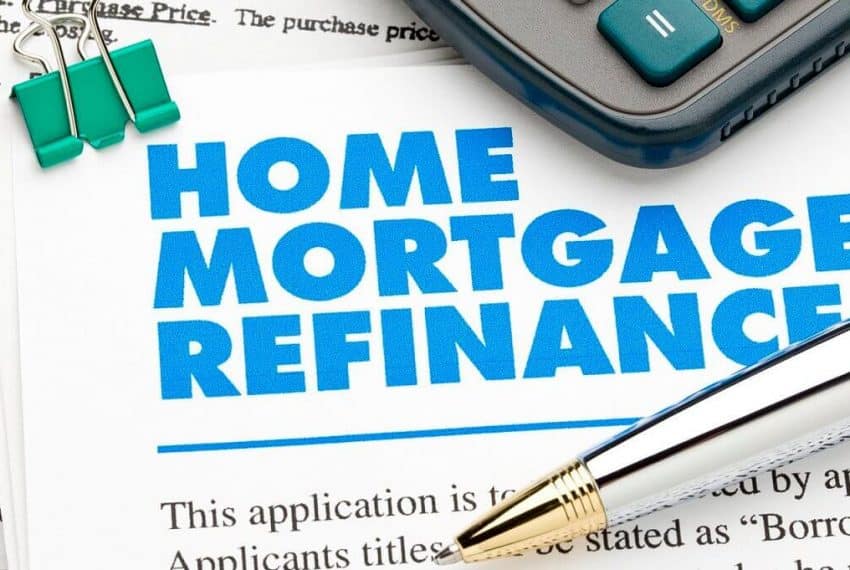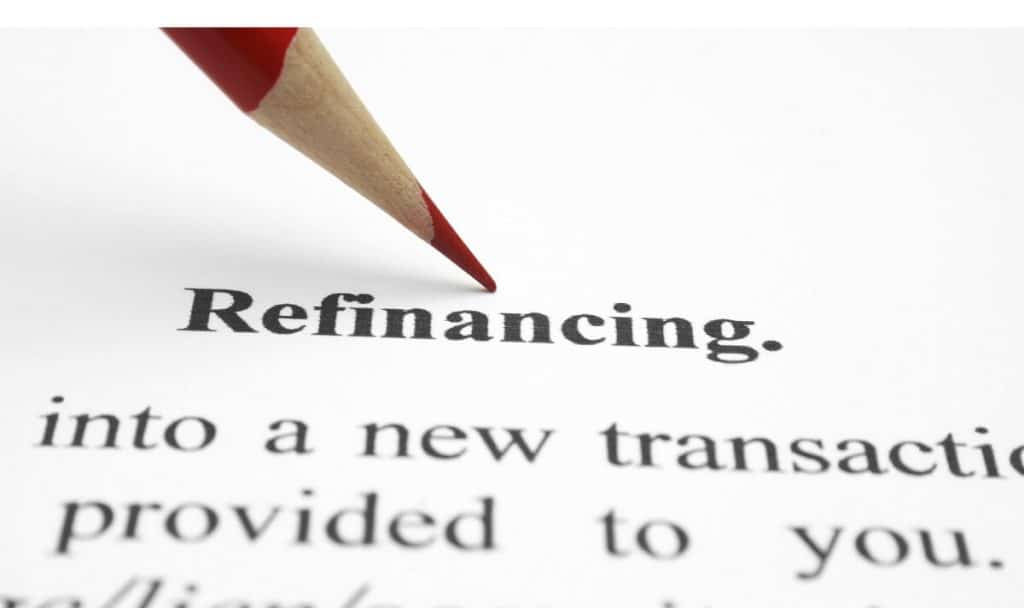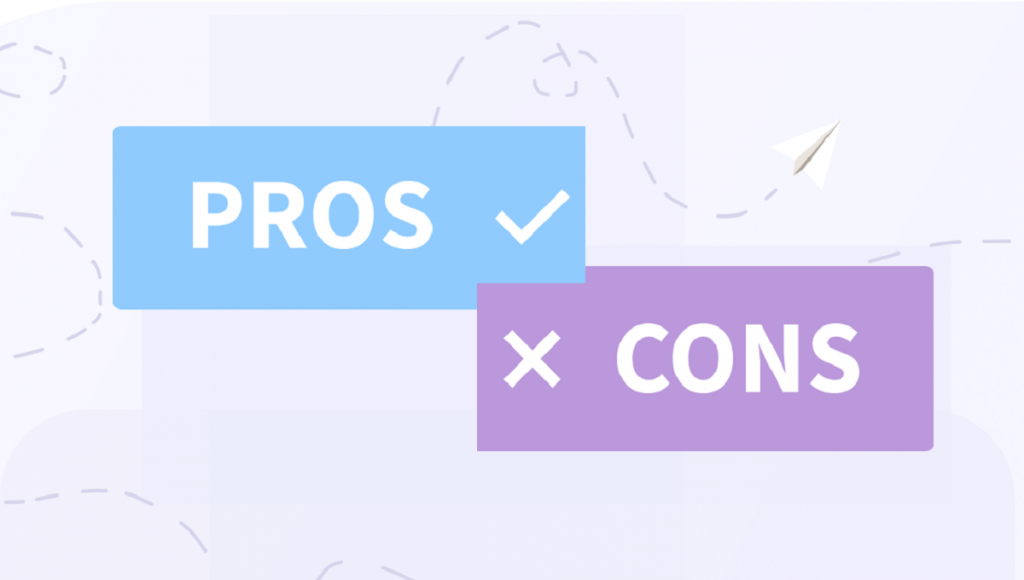
At the end of August, the Euribor interest rate dropped to its lowest level ever. This latest drop prompted a further intensification of the mortgage war raging among Spanish banks. The market appears to be swamped with a record range of mortgage products offering cheap loans. So, with big competition for your money and enticingly low-interest rates, is now the time to refinance your home to take advantage of the current situation?
Indeed, the choice of products and rock-bottom interest rates have tempted hundreds of property owners in Spain so far this year. Between January and July, some €1,812 million in mortgage loans was renegotiated with banks in Spain, a 99% increase in the same period in 2019. But refinancing a mortgage involves time and money (in costs) and requires careful consideration.
Interest rates in Spain
The Euribor dropped to -0.359% at the end of August, a record low. The latest available figures from the Spanish Institute of Statistics (INE, June) show that variable-rate mortgages had an average of 2.14% and fixed-rate loans, 2.88%.
These historically low rates compared very favourably with those just five years ago. According to the INE, in June 2015, the average rate for a variable mortgage was 3.19% and 5.02% for a fixed. Go back another five years to 2010 and the figures are 3.58% and 5.24% respectively.
Homebuyers who took out a mortgage in Spain five to ten years ago and have decided to refinance could end up paying interest rates that are up to 2.36% cheaper. In terms of monthly repayments, this translates to substantial savings every year, putting forward a compelling case for refinancing your home now.
What is refinancing?
Refinancing is the process used to take out a new mortgage on your home. The objectives of the new loan are usually one or more of the following:
- To save money on monthly repayments (by taking advantage of lower interest rates). When interest rates are as low as they are now, even homeowners with relatively recent mortgages may benefit from refinancing.
- To take out equity on your home (to pay off debt, carry out home improvements or purchase a big-ticket item such as a car, for example).
- To take advantage of better personal financial circumstances (if you have more savings or a higher income, you may qualify for better credit conditions).
- To alleviate worse financial circumstances (if you have less monthly income, you may wish to negotiate a longer mortgage term to reduce monthly repayments, for example).
- To get rid of extras that come with your original mortgage (such as life and home insurance).
In Spain, you have the option to refinance your mortgage with the same bank or with a different one.
Main options for refinancing
Switching from one mortgage to another means the new loan includes at least one of the following:
- A lower interest rate.
- The transfer from variable-rate interest to a fixed-rate mortgage.
- A longer or shorter mortgage term (translating to lower or higher monthly repayments respectively).
- A bigger loan (using the equity in your home to borrow more money).
In the current situation with mortgage interest rates at their lowest ever, all four refinancing scenarios benefit.
How refinancing your home in Spain works
The process of changing mortgages in Spain depends on whether you choose to refinance with your current lender or transfer the loan to a different one. If you refinance your mortgage with the same bank, the process is known as novación. If you decide to change to another bank, the process is called subrogación.
But regardless of whether you stick with the same lender or move to another one, the initial steps are the same
- Decide why you want to refinance your home. Be clear on your objective and weigh up the pros and cons of refinancing (see below).
- Shop around. Competition for your money is fierce in Spain and banks are keen for new customers. Use an online comparison tool to help you, but make sure you compare like with like.
- Negotiate with the bank.
Staying with your current bank – novación
Once you have an idea of what’s available and the savings you could make by refinancing your home, approach your current lender. Negotiate hard – whatever the manager says, there is always some room for manoeuvre as the 99% increase in renegotiated loans this year shows.
Moving to another bank – subrogación
In this case, once the new lender has approved your refinancing application, your current one is notified. There is then a 15-day window during which your existing bank can equal or better the new mortgage terms. You then have the option to accept the new terms with your current bank or switch to the new one.
Costs involved when you refinance your home
Refinancing a mortgage loan is by no means cheap, so understand the costs involved from the start. They typically range from 0.5% to 1% of the capital financed – for example, refinancing a loan of €150,000 costs around €1,500. of the capital financed. Costs usually include:
Notary and Land Registry costs – a new mortgage requires new title deeds. Note that under Spanish law, the bank must pay half the notary costs.
Gestoria fees – payment for sorting out the paperwork involved in the new mortgage.
Valuation fees – generally only applicable if you are changing lenders.
Stamp duty – known as ADJ in Spanish, this is levied on new capital borrowed.
Bank costs – some banks levy exit fees for early cancellation or commission charges.
Pros and cons of refinancing your home
Advantages of refinancing include:
- Lower interest rates and by extension, smaller monthly repayments.
- More favourable mortgage term to you (longer or shorter depending on your financial circumstances).
- The ability to borrow more money.
- The chance to rid yourself of obligatory extras with your bank such as life insurance.
On the other hand, refinancing does have some drawbacks:
- Interest rates may go up, and your monthly repayments rise (if you continue with a variable-rate loan).
- The high costs involved – make sure any savings compensate for these. If you’re planning to move in the short term (say within the next two to three years), you may not recover the costs.
On balance, deciding to refinance your home when mortgage interest rates are low as they are now, makes financial sense. However, to ensure you benefit, do your research and crunch the numbers thoroughly before you switch mortgages.
Link to stats on renegotiation of mortgage loans in Spain https://www.economiadigital.es/finanzas-y-macro/hipotecas-banco-santander-bbva-banco-sabadell-bankia-bankinter-caixabank-doblan-las-renegociaciones_20093386_102.html
INE stats via this link https://www.ine.es/jaxiT3/Tabla.htm?t=24457
Are you looking for properties for sale in the Costa del Sol? You are in the correct place! Contact me here.










